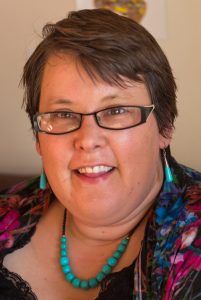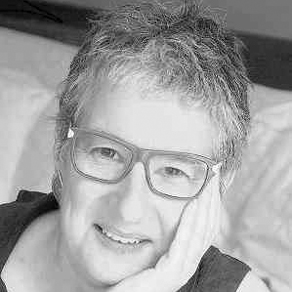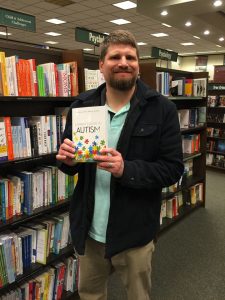Autism Interview #18: Jeanette Purkis on Positive Autistic Identity
Jeanette Purkis is an Autistic author, public speaker, and self-advocate. Jeanette has worked in the Australian Public Service since 2007 and has a Masters degree in Fine Arts. She is the author of three books on Autism. Jeanette has given many presentations including at TEDxCanberra 2013 and presenting alongside Professor Temple Grandin and artist Tim Sharp in Melbourne in 2015. Jeanette facilitates an Autism women’s group and is the 2016 ACT Volunteer of the Year. This week Jeanette discussed some of her background and advocacy work and how to help individuals on the spectrum develop a positive autistic identity.
…







